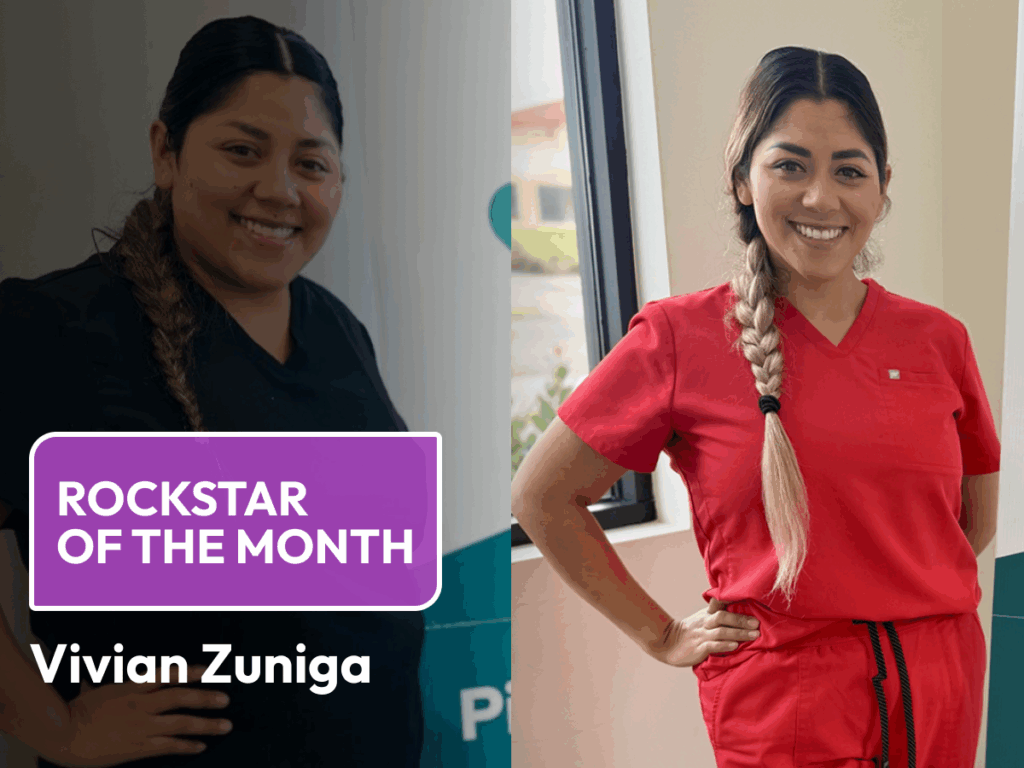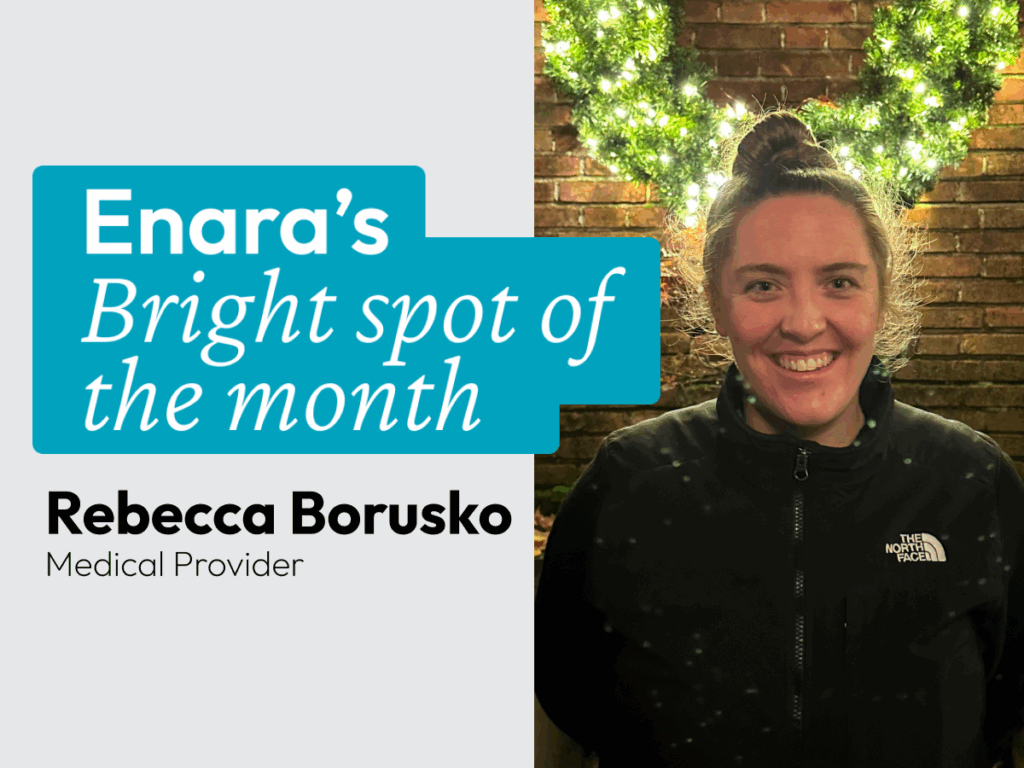Is the stress of work, school or your personal life potentially affecting your health and even your weight status? When work and our personal lives get too hectic, we often veer towards the comfort of food to calm our minds. Each of us may find comfort in one or more specific foods: a box of chocolate, bag of chips, or a tub of ice cream to name a few. However, although food therapy may be comforting temporarily, it does have its downside.
Why does stress cause us to overeat?
When under an immense amount of stress from our day to day lives, our bodies switch on an “alarm” in the brain that triggers the release of stress hormones, specifically, cortisol. Cortisol is a chemical that helps the body transition into our “fight or flight” response, which is “the instinctive physiological response to a threatening situation, which readies one either to resist forcibly or to run away”. For example, when you’re faced with a bear in the wild (major stressor) our immediate reaction is to run away (flight), or you will experience a brief moment of incredible strength, capable of doing feats you would typically never be able to do (fight). In order to do execute either the “fight” or the “flight”, our bodies need energy.
Fight or flight response causes us to overeat because our bodies believe that we used calories to deal with the current stress and we need to eat to replenish our energy. However, with modern stressors such as a traffic jam or maybe a work conflict, we do not need to “fight or flight” to deal with the situation, and thus do not expend a significant amount of calories over the stressor. Additionally, increased levels of cortisol also spikes your insulin levels, dropping your blood sugar levels, and ultimately makes you crave sugary, fatty foods. Nutritional biochemist, Shawn M. Talbot, PhD says that the bottom line is: “More stress = more cortisol = higher appetite for junk food = more belly fat”.
So what does this mean for you? Yes, that tub of ice cream might make you feel better temporarily, but it does not actually address the stressful issue and can have a harmful effect on your body. Get support from family, friends, or a mental health professional to address the root of your stressor. Try other coping mechanisms, like exercise or taking a walk. Afterall, when one is facing battles against stress and weight gain, those small but effective coping mechanisms discussed can help clear and calm your mind.
That’s also why your Enara team is there for you: with advice, motivation, concerns, and encouragement in all your times of distress. Before reaching for that comfort food, remember that it’s completely normal to be stressed with the events in our lives and Enara is always here to help.
We will be offering group medical visits on Stress Management, led by Dr. Bailony. To find out if this class is for you, take a Stress Questionnaire at this link and if you score 16 or above then this class might be perfect for you! Sign up here: https://enarahealth.as.me/StressManagement
This is a group medical visit. A group medical visit covers medication, nutrition, and exercise prescriptions that are applicable to everyone but still provides you a personalized plan after the visit. You will not need to share any information during this visit. For insurance members, this visit is covered like any other medical visit. For cash members this is included in your plan.
Sources:



